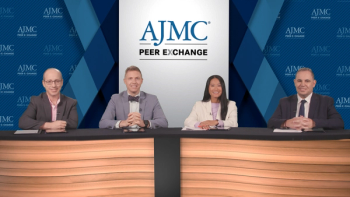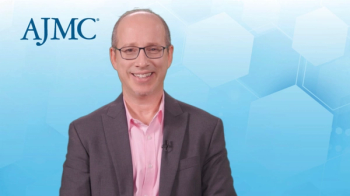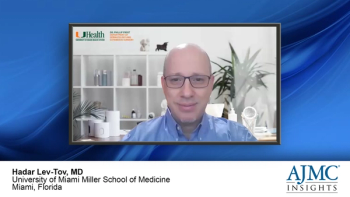
Panelists discuss the critical role of effective follow-up and multidisciplinary care in managing hidradenitis suppurativa, emphasizing ongoing patient education, coordinated referrals, and personalized treatment plans to improve adherence and long-term outcomes.





